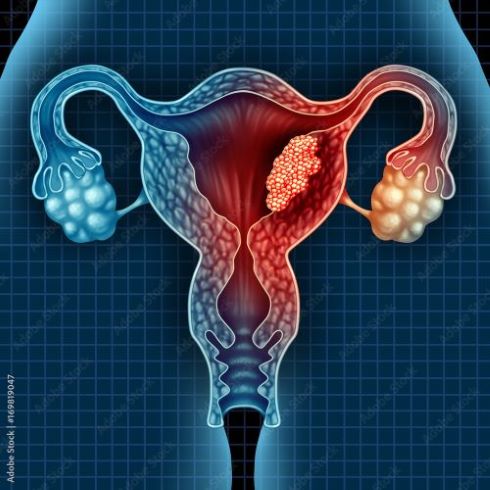
Gynecologic Cancer
Advertisement
Female cancer survivors are disproportionately affected by higher rates of CRF and depression
A groundbreaking UK study has revealed concerning connections between ultra-processed foods (UPFs) and women's cancer risks.
The incidence of vaginal cancer is increasing globally, emphasizing the need for further HPV vaccination rates for prevention
Ovarian cancer is often mistaken for irritable bowel syndrome (IBS) due to having remarkably similar symptoms.
Researchers found that oral contraceptive pills reduced the risk of ovarian cancer by 26% among women who used it.
Since the introduction of the HPV vaccination, the rates of new cases of HPV infection and cervical cancer have declined.
A study from 1993-1998 examines the impact of different hormone therapies on ovarian and endometrial cancer risk.
Ovarian cancer care costs are likely to increase as newer, more effective, but expensive treatment regimens become available.
According to researchers, women with endometriosis had a 4.2x higher ovarian cancer risk than those without endometriosis.
The study revealed that the use of genital talc increases ovarian cancer risk, particularly women who used talc frequently.
The study suggests that current ultrasound screening protocols might not be as accurate for Black patients
"Genetic testing is rapidly evolving. Every six months there are different guidelines about who should get tested."
Clinical data shows a 50-75% improvement in 5-year survival when cancers are detected at their earliest stages.
Research has shown a troubling correlation between the use of hair relaxers and increased risk of certain cancers in women.
Living in a more walkable neighborhood may protect women against the risk of obesity-related cancers
The study highlights the importance of measuring estrone in postmenopausal women to determine cancer risk.
CerMe may help detect women at a higher risk of contracting human papillomavirus (HPV).
Studies have shown that Black and White women develop endometrial carcinoma at similar rates.
Vaccines have been developed that significantly reduce the incidence of cervical cancer.
The strong Black woman stereotype is detrimental to the well-being of Black patients with breast and ovarian cancers.





















 © 2025 Mashup Media, LLC, a Formedics Property. All Rights Reserved.
© 2025 Mashup Media, LLC, a Formedics Property. All Rights Reserved.